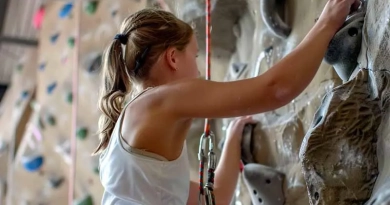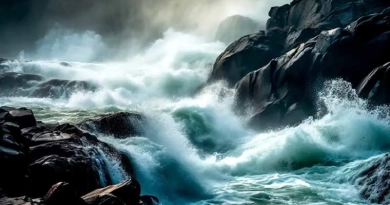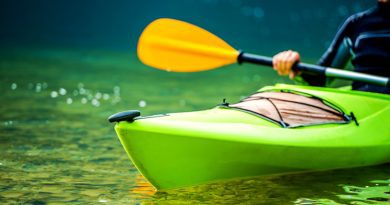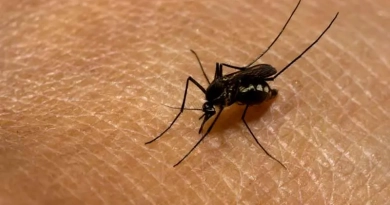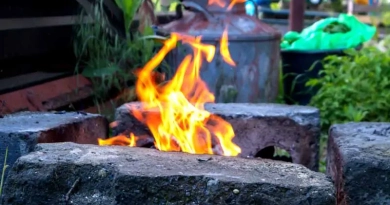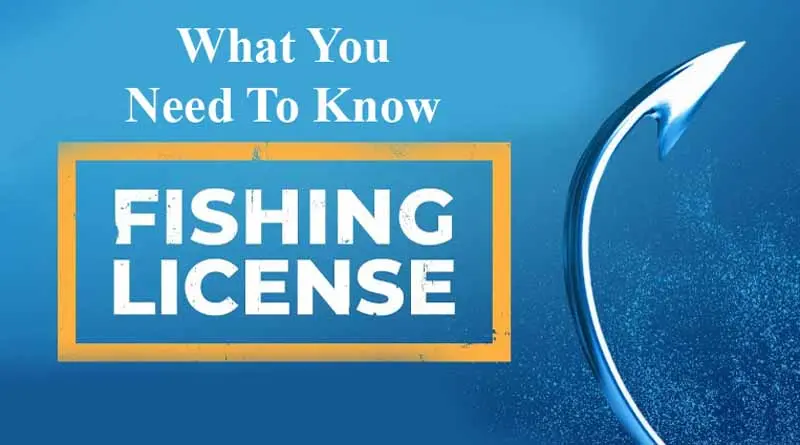
Do I Need A Fishing License To Fish, And How Do I Get One?
The Essential Guide to Fishing Licenses: Navigating the Waters of Regulation
Early mornings by the water, the gentle lapping of waves, and the promise of a catch—this is the lure of fishing. But before you cast your line into the shimmering water, a question emerges, as crucial as any bait or tackle you might choose: “Do I need a fishing license to fish, and how do I get one?”
Deepening the Connection: The Significance of Fishing Licenses
Fishing, a pursuit often romanticized as a serene interaction with nature, holds deeper regulatory and environmental implications. Governed by a complex framework of environmental and governmental agencies, the act of fishing becomes a regulated endeavor aimed not only at recreation but also at conservation. The issuance of fishing licenses serves as a cornerstone in this regulatory framework, designed to sustain fisheries and protect aquatic environments for future generations.
The diversity of fishing environments—from the still waters of freshwater lakes to the vast expanses of saltwater oceans—necessitates a varied approach to regulation. Each type of water body hosts unique ecosystems and species, requiring tailored management strategies to maintain ecological balance. Fishing licenses help enforce these strategies, adapting to the specific needs of each environment, whether it’s a bustling coastal area or a tranquil inland river.
Embracing Our Responsibilities Toward Nature
The requirement of a fishing license transcends bureaucratic formalities, evolving into a moral commitment to the ecosystems that facilitate our fishing adventures. This license symbolizes an angler’s pledge to uphold and participate in the conservation efforts that make sustainable fishing possible. It’s a proactive step towards ensuring that future generations can enjoy the same natural splendors and fishing opportunities that we do today.
Navigating the Regulatory Waters
The intricacies of fishing regulations can be as daunting as mastering the sport itself. In the United States, each state crafts its own set of rules, creating a mosaic of regulations that reflect local ecological, economic, and social conditions. These rules can dictate everything from the type of fish that may be caught to the methods and seasons of fishing permitted. Such variability requires anglers to be well-informed and adaptable, staying current with local regulations to avoid unintentional breaches.
The challenge intensifies with the need to stay updated on changes that can occur annually—alterations that might include new size restrictions, changes in season dates, or modifications in catch limits. These changes are often responses to shifting ecological conditions and scientific assessments, underscoring the dynamic nature of fisheries management.
A Clear Path to Compliance: Securing Your Fishing License
The most effective way to navigate these regulatory waters is through direct engagement with the relevant fish and wildlife authorities. State and regional fish and wildlife websites offer a wealth of information, serving as comprehensive guides to the legal and environmental requirements of fishing within their jurisdictions. These resources are crucial for understanding the nuances of local regulations and ensuring compliance.
Practical Steps to Acquire a Fishing License:
- Identify the Appropriate Agency: Each state has a dedicated department or division for fish and wildlife management. These agencies are the primary source of information and regulation regarding fishing activities in their respective states.
- Choose the Right License: Depending on your intended fishing location and the species you aim to catch, you might need a freshwater, saltwater, or a combination license. Each type of license is designed to meet specific regulatory and conservation needs, ensuring that fishing practices do not adversely affect local ecosystems.
- Apply for the License: With the advent of digital technology, most states now offer the convenience of online applications for fishing licenses, making it easier than ever to get licensed before you head to the water. Alternatively, local sporting goods stores and tackle shops often serve as authorized vendors where licenses can be purchased in person.
A Responsible Angler’s Journey
By understanding and adhering to the regulatory framework governing fishing, anglers demonstrate respect and commitment to the natural world. The process of obtaining a fishing license, while seemingly a simple administrative task, is fundamentally an act of participating in conservation. It ensures that fishing activities contribute positively to the health of aquatic ecosystems, securing the legacy of fishing for the enjoyment and sustenance of future generations.
Tools and Resources to Equip You
To ensure you are fully prepared, here’s a list of resources you might need:
- State fish and wildlife website: The primary resource for license applications and regulations.
- Printed regulations book: Often available at tackle shops, these can be invaluable for reference while on the water.
- Fishing regulations app: Some states have dedicated apps that provide digital access to fishing regulations, which can be updated in real-time.
- Laminate your license: Most states issue a paper license. Laminating it will keep it safe from the elements you’ll be near.
The Quiet Satisfaction of Compliance
With my own license tucked safely in my jacket pocket, I recall the crisp air of an early morning on Lake Champlain. As the sun rose, casting a golden glow over the water, my line, legally cast, awaited the day’s first catch. The peace of mind that came with knowing I was fishing responsibly made each catch more rewarding.
Concluding Thoughts: A License to Preserve
To fish is to engage with the natural world, and with this engagement comes responsibility. A fishing license is your passport to this world, a symbol of your support for conservation efforts that ensure the sustainability of fishing for years to come. Whether you are a seasoned angler or just starting, understanding and acquiring the right fishing license is a crucial step in your fishing journey.
As you plan your next fishing trip, remember that the license is not just a requirement, but a contribution to the future of fishing—a future where every cast respects the waters that sustain us.

